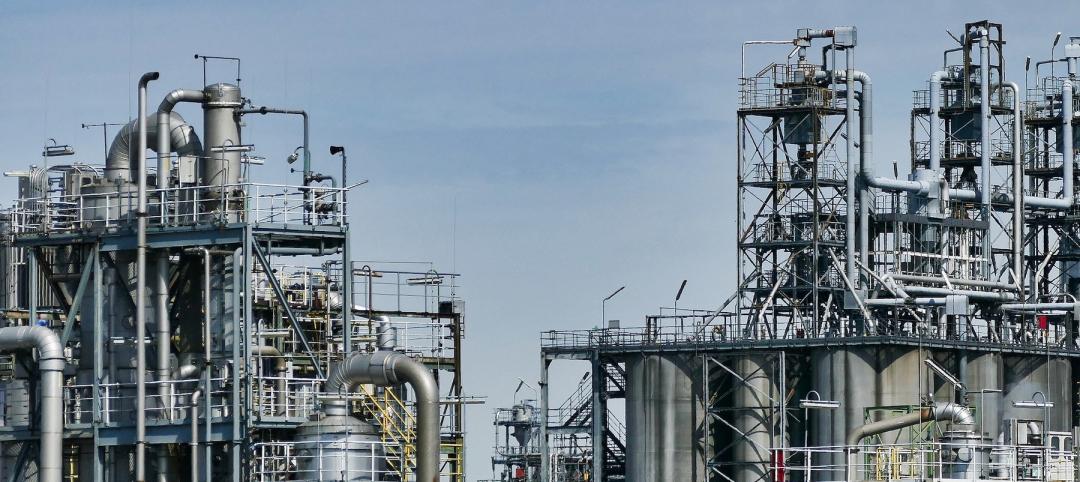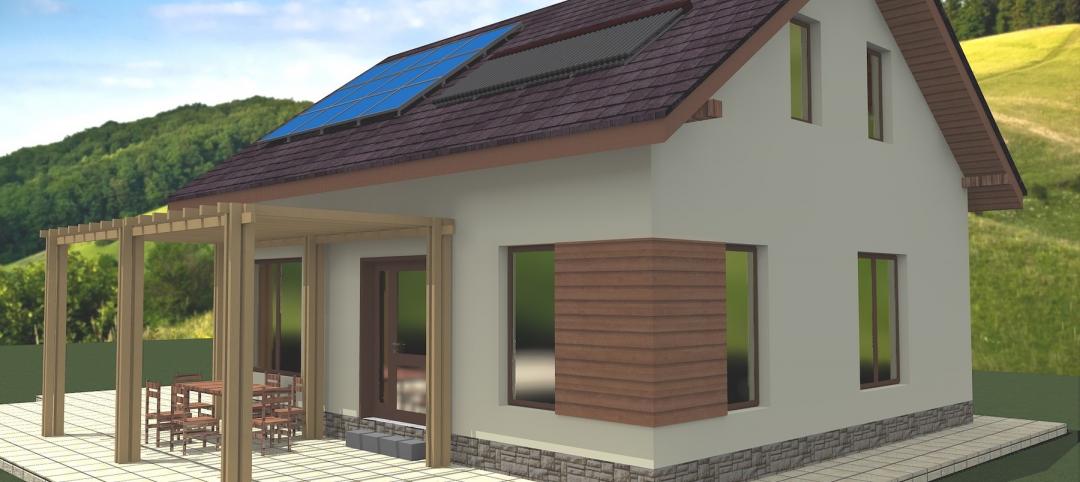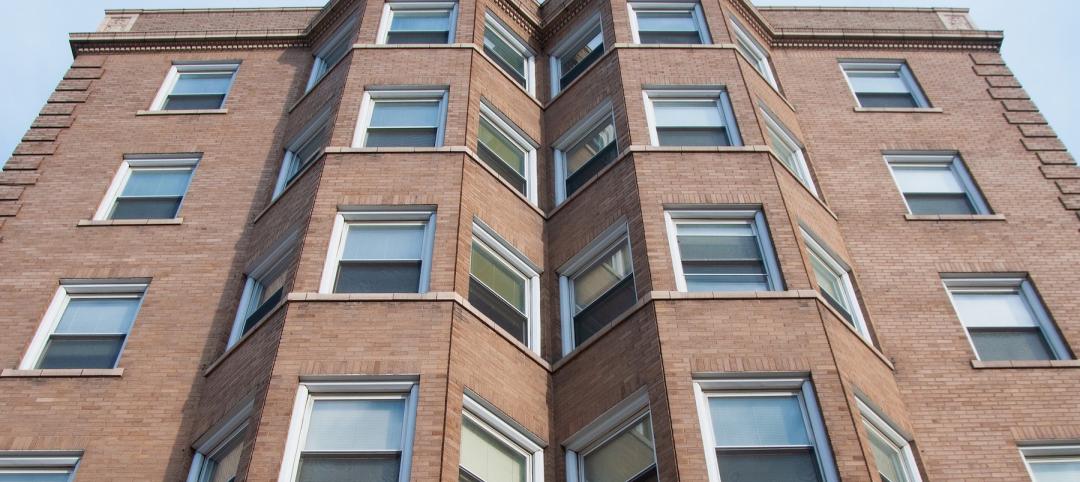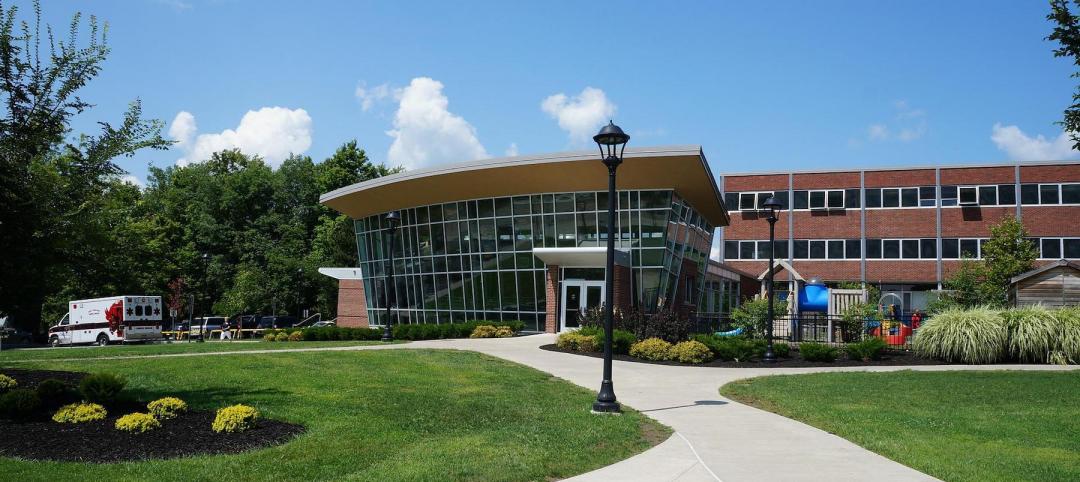The Fenestration and Glazing Industry Alliance (FGIA) updated a specification establishing requirements for field testing newly installed storefronts, curtain walls, and sloped glazing systems.
AAMA 503-24, Voluntary Specification for Field Testing of Newly Installed Storefronts, Curtain Walls and Sloped Glazing Systems establishes the requirements for field test specimens, apparatus, sampling, test procedures and test reports to be used in verifying the air infiltration resistance performance and/or water penetration resistance performance of newly installed fenestration products.
The Testing Criteria of Commercial Fenestration Updates Task Group completed a full technical review of the specification for the new edition. A new section about significance and use was added. Sections addressing sampling, site preparation, and responsible parties were expanded. The section on test procedures was also revised, clarifying that air leakage resistance testing under AAMA 503 is optional. Definitions of water penetration were also updated.
“When used as part of a comprehensive building commissioning program, AAMA 503 provides reasonable assurance that the installed fenestration products will perform to the specified or rated air leakage and/or water penetration performance levels with allowances given for field performance,” says Jason Seals, FGIA certification services manager, fenestration.
Related Stories
Codes and Standards | Apr 28, 2022
Architecture firm Perkins&Will to deliver ‘carbon forecasts’ for clients
Global architecture firm Perkins&Will says it will issue its clients a “carbon forecast” for their projects.
Codes and Standards | Apr 27, 2022
White House guidance on Buy American for infrastructure includes waiver process
Recently released guidance on the Buy American provision within the $1.2 trillion Infrastructure Investment and Jobs Act released by the Office of Management and Budget includes a waiver process.
Multifamily Housing | Apr 26, 2022
Investment firm Blackstone makes $13 billion acquisition in student-housing sector
Blackstone Inc., a New York-based investment firm, has agreed to buy student-housing owner American Campus Communities Inc.
Codes and Standards | Apr 25, 2022
Supply chain constraints, shifting consumer demands adding cost pressures to office fit-outs
Cushman & Wakefield’s 2022 Americas Office Fit-Out Cost Guide found supply chain constraints and shifting consumer demands will continue to add pressure to costs, both in materials and labor.
Legislation | Apr 21, 2022
NIMBYism in the Sunbelt stymies new apartment development
Population growth in Sunbelt metro areas is driving demand for new apartment development, but resistance is growing against these projects.
Codes and Standards | Apr 18, 2022
Dept. of Energy has RFI on funding cost-effective updated energy codes implementation
The U.S. Department of Energy (DOE) Building Technologies Office (BTO) has issued a request for information regarding funding cost-effective implementation of updated building energy codes.
Legislation | Apr 14, 2022
Defense Dept. building largest 3D-printed structures in Western Hemisphere
The U.S. Department of Defense is constructing three barracks at the Camp Swift Training Center in Bastrop, Texas that will each be the largest 3D-printed structures in the Americas.
Wood | Apr 13, 2022
Mass timber: Multifamily’s next big building system
Mass timber construction experts offer advice on how to use prefabricated wood systems to help you reach for the heights with your next apartment or condominium project.
Codes and Standards | Apr 13, 2022
LEED multifamily properties fetch higher rents and sales premiums
LEED-certified multifamily properties consistently receive higher rents than non-certified rental complexes, according to a Cushman & Wakefield study of two decades of data on Class A multifamily assets with 50 units or more.
Legislation | Apr 11, 2022
Dept. of Energy releases RFI for K-12 schools energy upgrade program
The U.S. Dept. of Energy (DOE) released a Request for Information (RFI) to help decide how best to spend $500 million from the recently passed federal infrastructure law for K-12 public school energy upgrades.

















